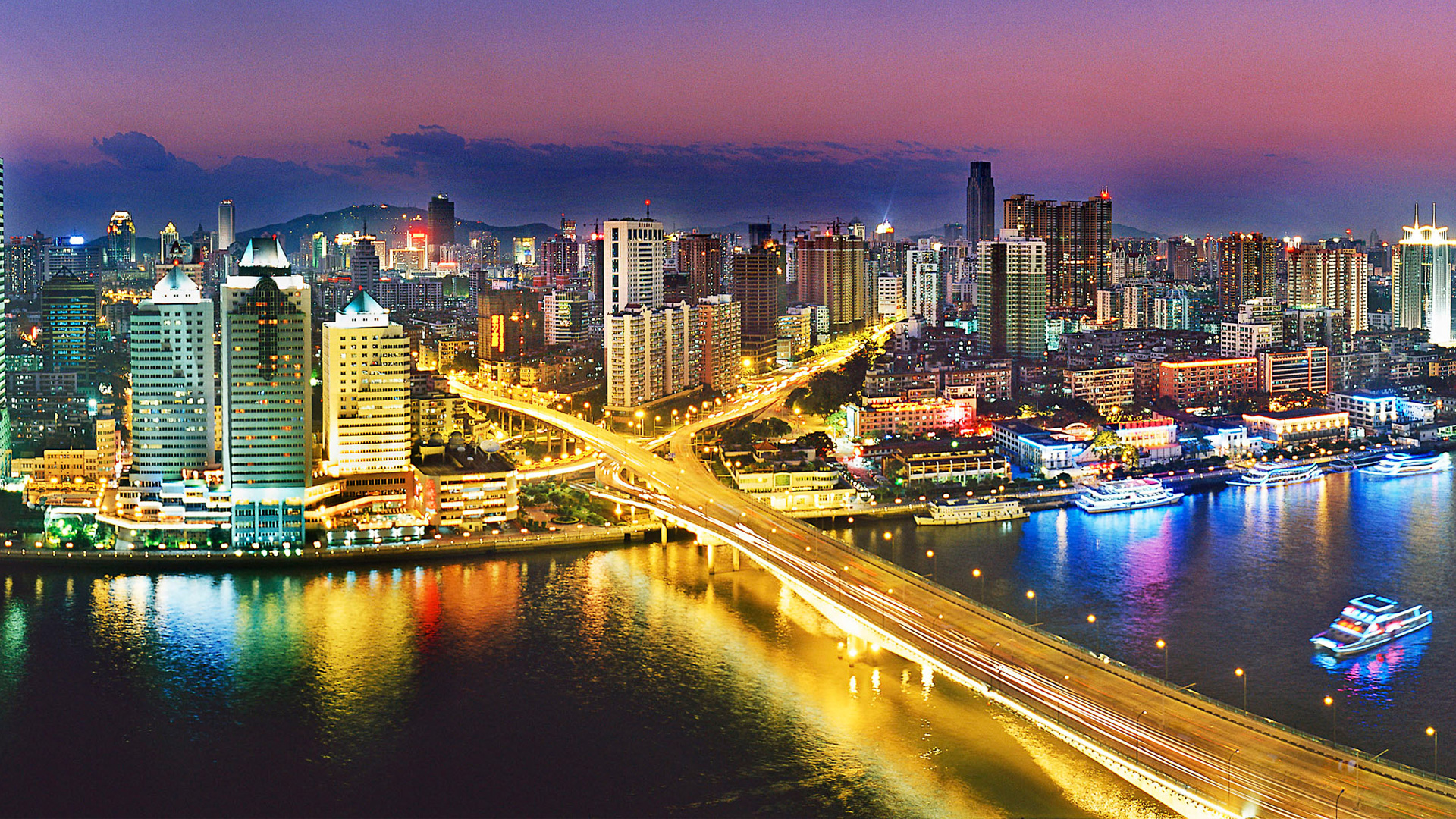Chinese President Xi Jinping on Friday delivered at the 5th China International Import Expo (CIIE), the world’s biggest import fair, a keynote speech that underlined China’s unswerving commitment to further opening up its market and to creating new opportunities for the world with its own development, as the world faces a lingering COVID-19 pandemic, energy crisis, and growing trend of anti-globalization and trade protectionism.
Addressing the opening ceremony of the 5th CIIE via video on Friday, Xi pledged that China will firmly safeguard true multilateralism, share market opportunities with the rest of the world, promote high-standard opening-up and uphold the common interests of the world.
The 2022 CIIE is the first major international expo held in China after the successful conclusion of the 20th National Congress of the Communist Party of China (CPC), and comes on the heels of a flurry of diplomatic activities this week that sees leaders of Vietnam, Pakistan, Tanzania and Germany visiting Beijing.
The major trade fair, with its fifth edition boasting more participating countries, more diverse exhibits and more premium products, also came as the Regional Comprehensive Economic Partnership (RCEP) mega free trade deal began to generate concrete benefits to signatory countries with its trade facilitation measures.
Xi said that the CIIE has become a showcase of China’s new development paradigm, a platform for high-standard opening-up, and a public good for the whole world.
Xi’s speech on Friday, which describes opening-up as the key driving force of human civilization, sends a clear message of China’s determination to further open to the outside world and also share its development opportunities with the rest of the world, experts noted.
China will establish pilot zones for Silk Road e-commerce cooperation and build national demonstration zones for innovative development of trade in services, so as to encourage innovation in trade and promote high-quality Belt and Road cooperation, Xi said.
China will also share the opportunities of institutional opening-up, and actively work to join the Comprehensive and Progressive Agreement for Trans-Pacific Partnership and the Digital Economy Partnership Agreement and expand a high-standard global free trade network, Xi said in the speech.
The keynote speech was concise but highly summarized the spirit of opening-up in the report of the 20th National Congress of the CPC, Li Yong, senior fellow at the China Association of International Trade, told the Global Times on Friday.
Sharing development opportunities with developing countries and seeking wider and higher standard trade liberalization via institutional opening-up carries special significance under the current global situation, Li said.
Five years after being launched, the CIIE has made new breakthroughs this year.
With the addition of Rio Tinto and BHP, the world’s top three miners have also gathered together at the CIIE for the first time.
With the RCEP deal beginning to exert its positive effects on regional trade, all RCEP member countries have companies hosting exhibits at the fair.
A total of 284 Fortune Global 500 firms and major industry players are set to join the business exhibition, up from last year’s 281.
The attendance by a record number of companies at the CIIE also offered a strong rebuttal to the hype of “China closing itself up” made by some Western media outlets and futile efforts by some Western politicians for instigating decoupling with China.
The US-China Business Council (USCBC), an advocacy organization representing more than 260 companies that do business in China, told the Global Times that US participation at the 5th CIIE is the same as last year – 200 companies including 32 USCBC members – despite geopolitical turmoil, the volatile COVID-19 situation.
New designated exhibition areas were set up for seeds and artificial intelligence, underlining China’s determination to improve its agricultural and high-tech sectors.
China continues to make strides in high-level opening-up. In October, the country issued 15 measures to facilitate the implementation of foreign-invested projects, with emphasis on the manufacturing sector. China also unveiled a new catalogue of industries to continue incentivizing foreign businesses toward advanced manufacturing, the service sector and the central and western regions.
Confidence in hour of need
Wei Jianguo, vice chairman of the China Center for International Economic Exchange and former vice minister of the Ministry of Commerce, said the 5th CIIE will bring confidence to the world’s farmers, fishers, miners, assembly line workers and multinational companies, as their businesses have been weighed down by global changes and turbulence.
The world is being ravaged by the pandemic, the impact of the Russia-Ukraine conflict and soaring energy prices. For instance, as much as 17 percent of factories in Germany are slashing production, according to media reports.
In its latest world economic outlook, the IMF downgraded global growth to a meagre 2.7 percent for 2023, down from the 2.9 percent it projected in July.
“Under such circumstances, the 5th CIIE sends a signal to the world that the Chinese production and consumption market is rapidly warming up, thereby greatly boosting the confidence of the world’s business circle,” said Wei.
As China continues to grow, its appetite for agricultural goods, energy products and mineral goods continues to grow, and this will be a reassuring message to global companies at this hour of need, Wei said, describing China’s pouring of the whole country’s resources into one import trade fair as part of commitments in its efforts to build a community with a shared future for mankind.
On Friday, Chinese oil giant Sinopec signed energy purchase deals worth $40.1 billion and imports from the North American region jumped 86 percent from the last CIIE, with Canadian companies appearing on the list of suppliers for the first time.
Amazing five years
Over the past four years, the CIIE has seen the value of accumulated deals reaching $272.27 billion, with procurement orders by Chinese buyers proving to be of great value to global companies, which have flocked to the event.
Over 1,500 new products, technologies and services made their debut at the previous four shows. More and more global companies and investors have come to regard the CIIE as the place to connect with China for further opportunities to go deeper and enjoy the fruits of China’s economic development.
“As China’s most significant import exhibition, the CIIE very much facilitated international companies like Bayer, to share and grow together with China’s economic development,” Werner Baumann, CEO of German drug maker Bayer AG told the Global Times.
Since the first CIIE in 2018, the Chinese market has gradually grown to become the most important one for Dole in Asia, Wang Na, brand director of Dole China, told the Global Times on Friday.
Wang said the company is committed to bringing more of the world’s fruits to Chinese consumers’ dinner tables.
“The CIIE gives us a deeper understanding of the vitality and potential of the Chinese market, and makes us more confident, more determined, and more ambitious to thrive in this major world market,” Zhang Heping, head of Sanofi Vaccines China told the Global Times.
“Over the course of five years, the Sri Lanka pavilion has grown from just having Ceylon tea exhibitors to including food and jewelry pavilions and dozens of categories of products. I have felt the changes and growth that the CIIE has brought to Sri Lankan exhibitors,” Chiranjaya Udumullage, president of the China Sri Lanka Association for Trade and Economic Cooperation, told the Global Times.
Given the broader participation this year, and the palpable sense of optimism by attendants, Wei predicted the volume of deals reached will be larger than at the 4th CIIE.









